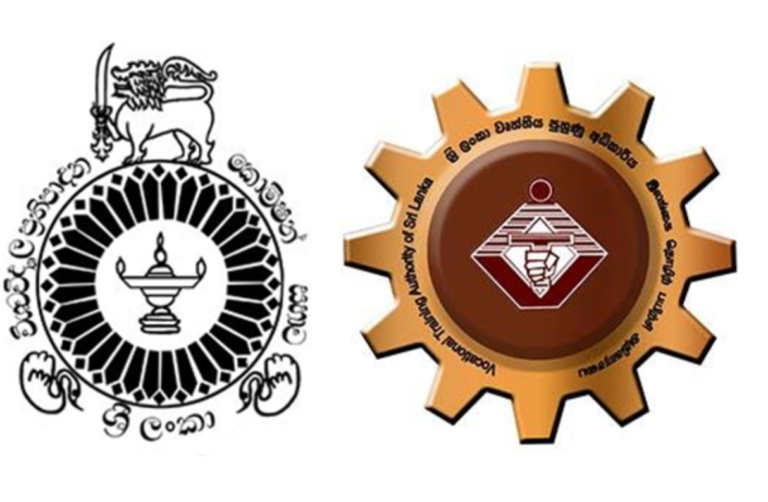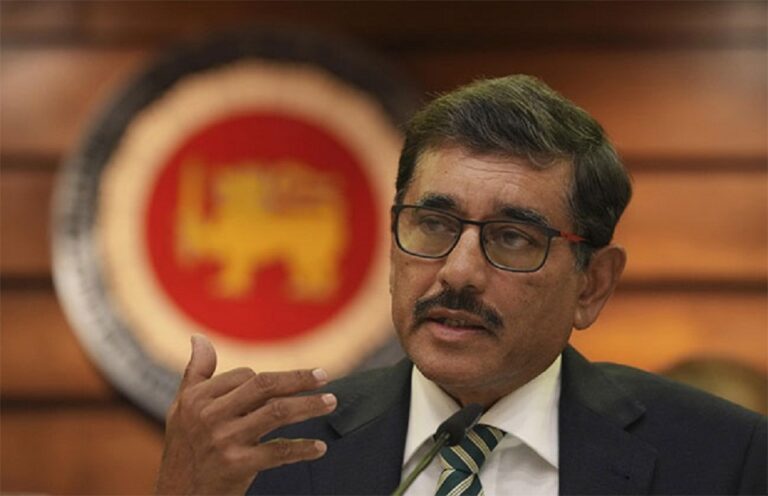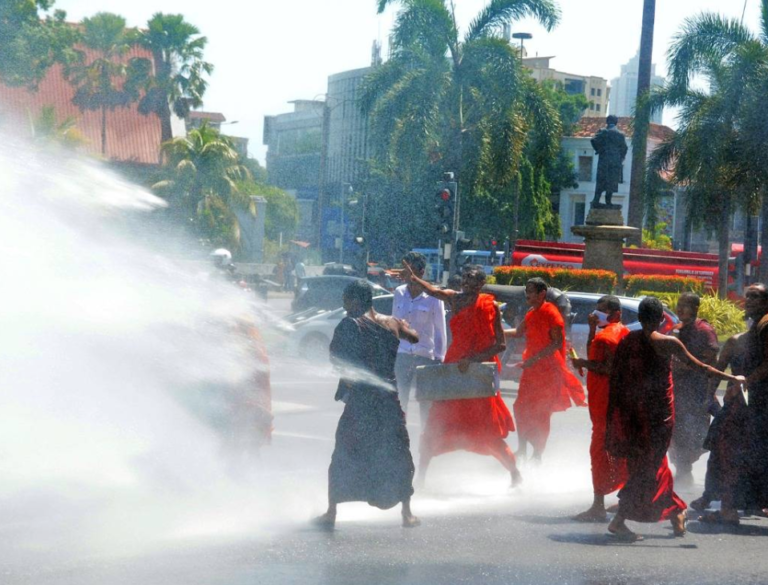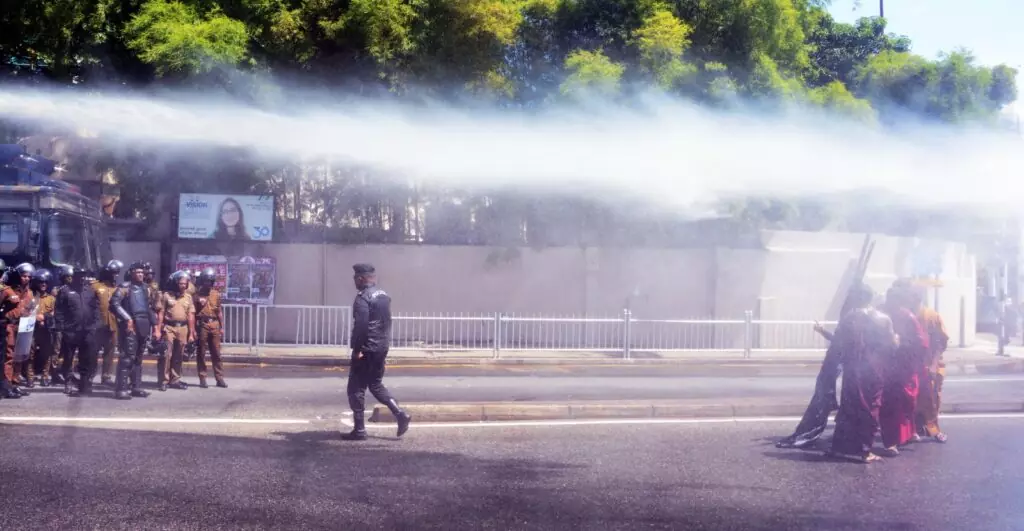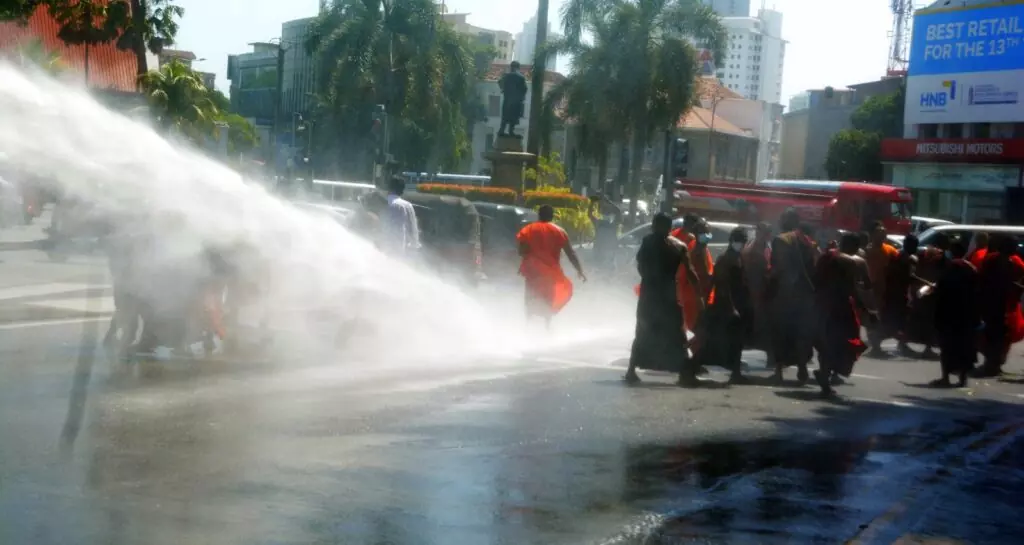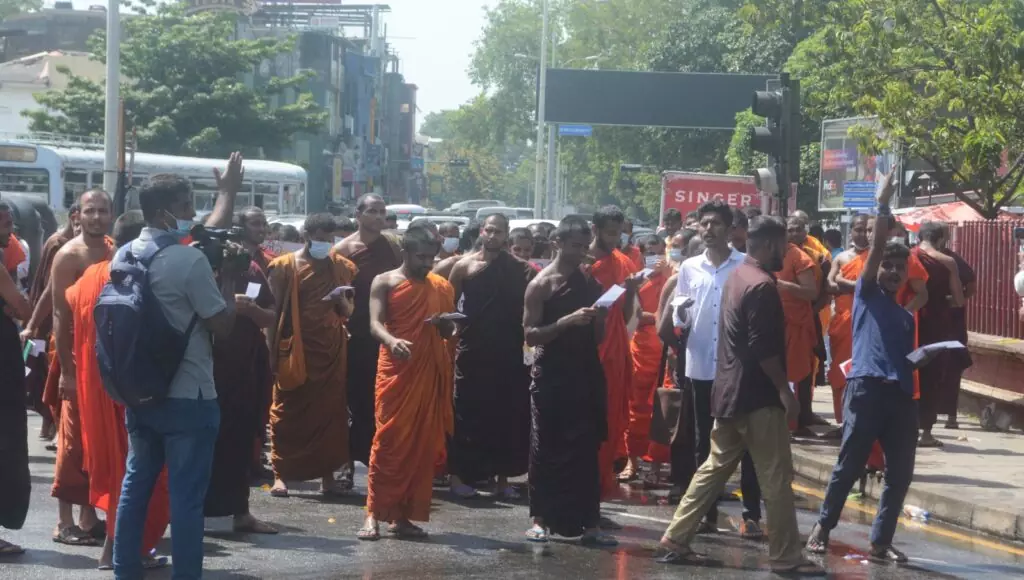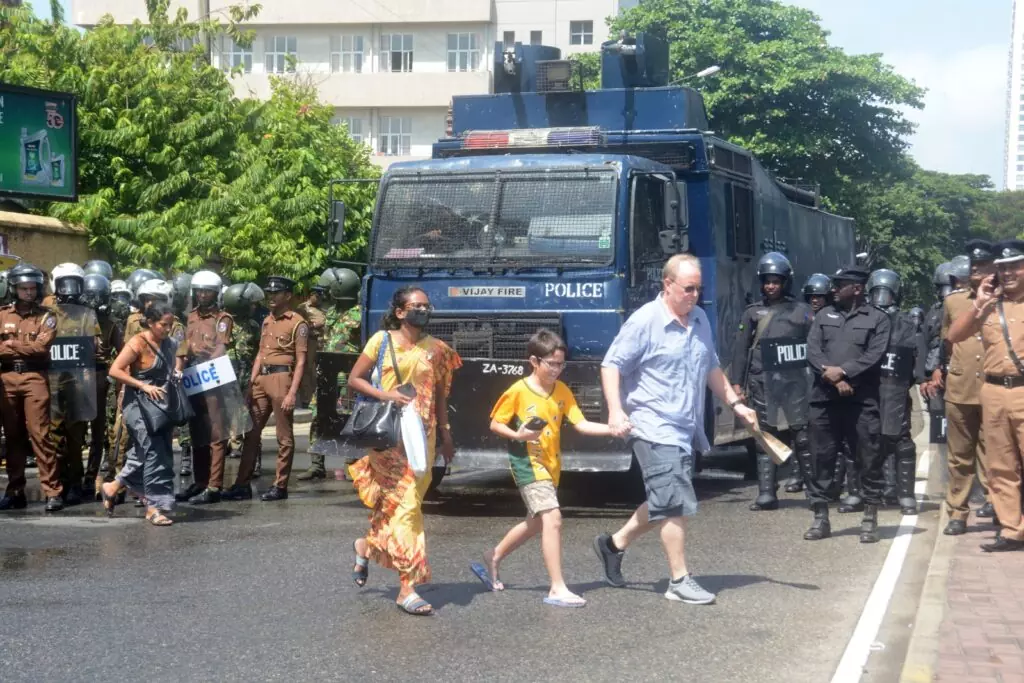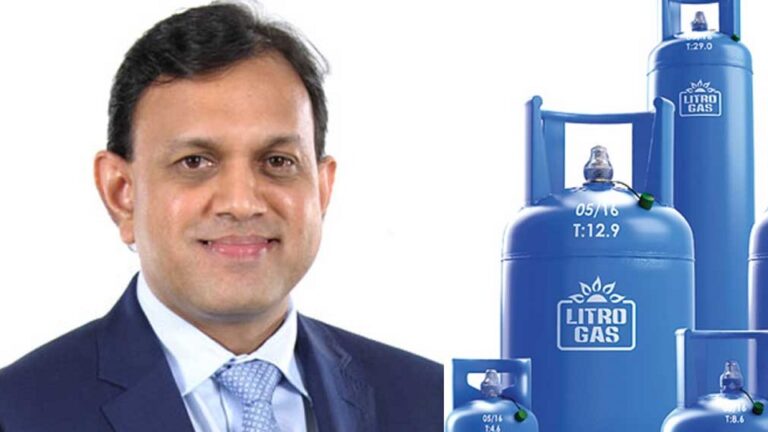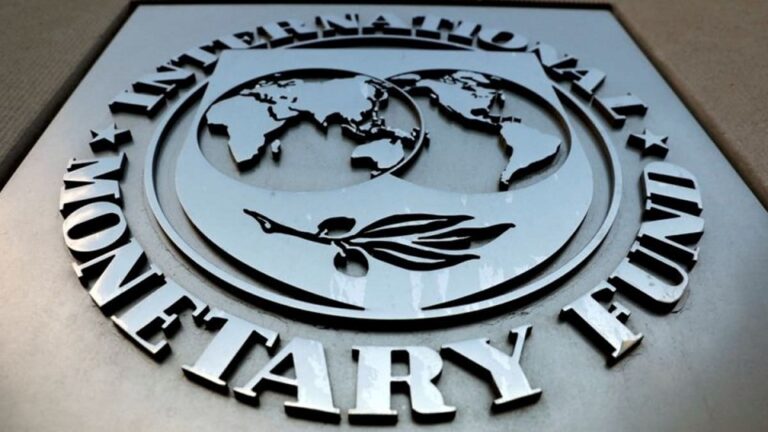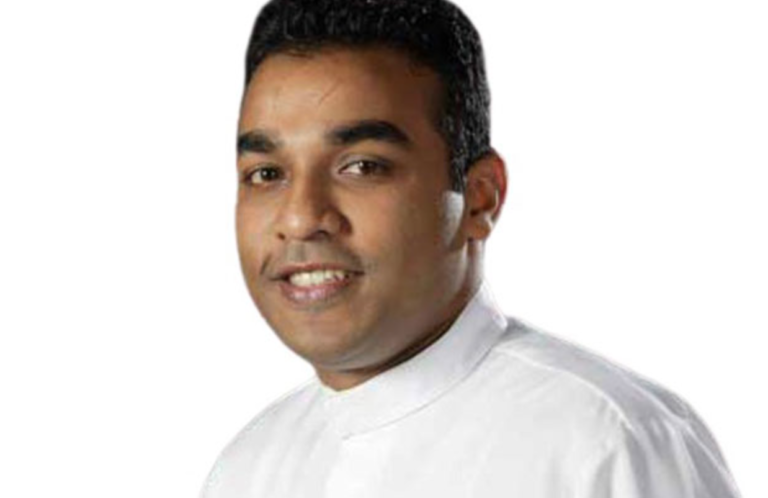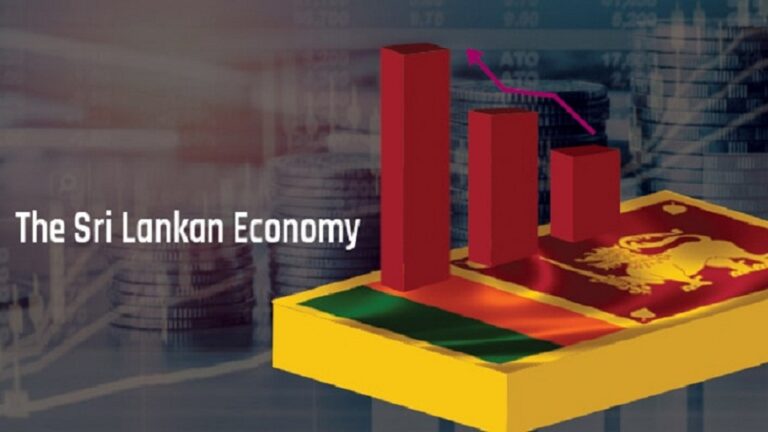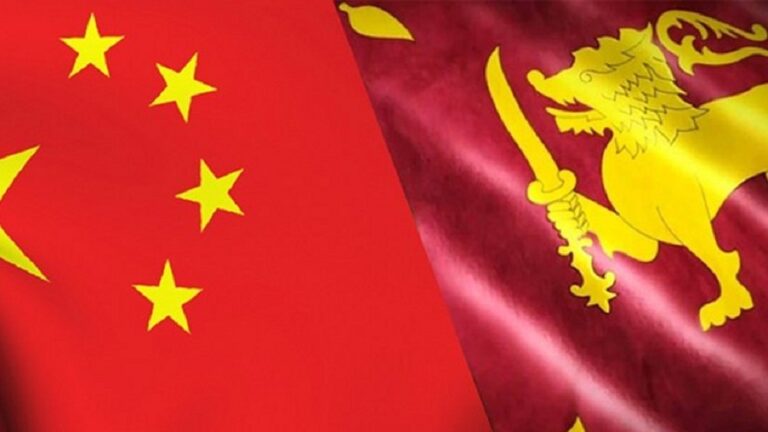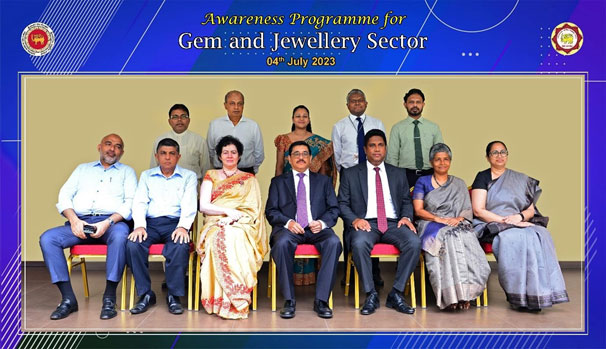The Parliament Select Committee (PSC) tasked with recommending measures to expand higher education opportunities in Sri Lanka has suggested a major overhaul of the education sector. According to the committee’s report presented to the parliament by Justice Minister Dr. Wijeyadasa Rajapakshe, the proposal entails replacing the University Grants Commission (UGC) and the Vocational Training Authority with an independent ‘National Higher Education Commission.’
The PSC conducted a comprehensive examination of the existing legal framework and practices within the education system before formulating feasible and sustainable recommendations for necessary reforms.
As outlined in the report, the proposed National Higher Education Commission would consist of 11 members distinguished in their respective fields, including academia, profession, and management, and known for their integrity.
The committee proposes granting the commission full authority to independently exercise its powers, functions, and duties. The President would be responsible for appointing the commission’s members, subject to the prior approval of the Constitutional Council. The term of office for commission members is proposed to be three years.
To enhance efficiency and focus, the commission would be empowered to establish sub-committees dedicated to specific categories. These sub-committees would cover State Universities, Non-State Universities/Institutes, Vocational Education Universities/Institutes, and Quality Assurance.
The PSC’s recommendations aim to strengthen and streamline the higher education sector in Sri Lanka, with the envisioned National Higher Education Commission playing a pivotal role in driving positive change.

